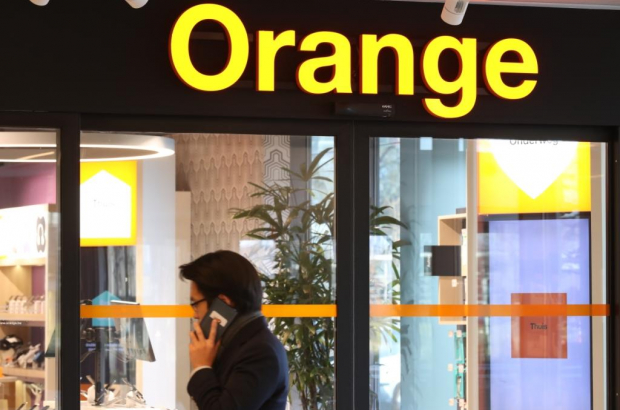Orange will slowly phase out its older 2G and 3G networks across Europe between 2025 and 2030, the telecommunications operator announced on Monday in a press release.
For Belgium, Spain, Luxembourg, Poland, Romania, and Slovakia, connection to 3G networks will be cut off by 2025, with 2G networks to be terminated by 2030 at the latest.
In the absence of high-speed 4G or 5G radio towers in rural areas, 2G and 3G towers remain important to local communities for connectivity. It is hoped that by 2025, these slower networks will be completely replaced with faster connections.
“The decommissioning of 2G and 3G networks will enable Orange customers to benefit from the latest user experience with improved network quality and resilience for all,” the press statement reads. “This will be achieved with almost no impact for mobile users.”
Related News
- Proximus joins Orange in making text messages to and from Ukraine free
- Smart energy meters can become ‘stupid’ again with poor 4G coverage
According to Orange, the radio signals used to provide 2G and 3G connection will be used to improve the capacity and coverage of 4G and 5G networks in urban and rural areas.
Better country-wide coverage
Coverage in Belgium is generally very good, helped by the small size of the country and flat terrain. Nevertheless, data BIPT Data Portal shows that mobile signal is much weaker in rural areas in Wallonia, especially along the border with Germany and Luxembourg. Orange’s 2G and 3G networks predominantly serve these rural areas.
Orange claims that its decision to phase out 2G and 3G is not only to help boost Belgium’s push towards great 4G and 5G coverage, but also to help achieve its sustainability targets.
Michaël Trabbia, Chief Technology and Innovation Officer for the Orange group, stated that by phasing out older technologies, it would allow Orange to focus on maximising the efficiency of their networks, reduce carbon emissions, and meet their “Net Zero” targets by 2040.

